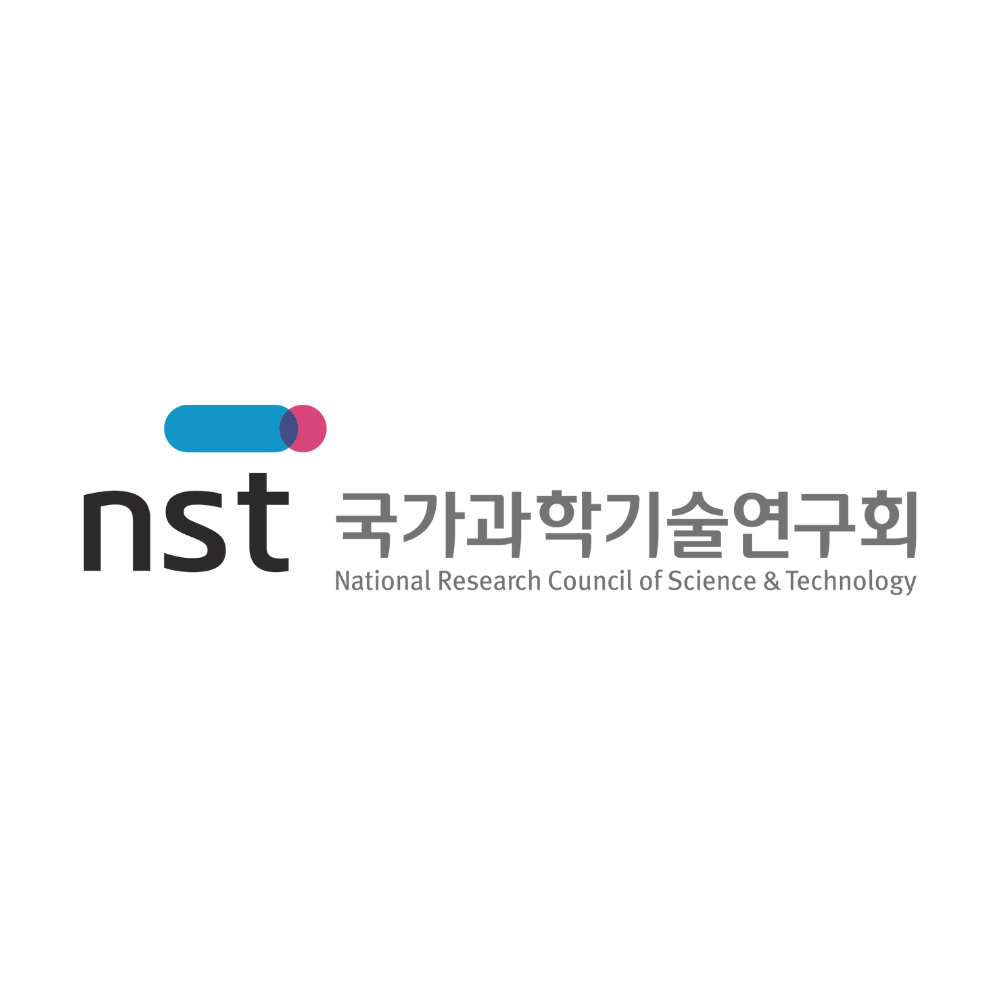The Korea Institute of Materials Science (KIMS) is Korea’s national research institute for materials science and engineering. Established in 2005 as an independent research organization, KIMS focuses on the development of new metallic, ceramic, polymer-based, and hybrid materials. Its mission is to provide the scientific foundation for key technologies in energy, mobility, electronics, and aerospace.
The South Korea Mobility Program offers data science talents the opportunity to spend up to three months at KIMS in Changwon. Participants combine data-driven methods with materials research to predict structural properties, optimize processing methods, and identify new classes of materials.

About NST
National Research Council of Science and Technology (NST)
The National Research Council of Science and Technology (NST) currently brings together 23 leading research institutes active in a wide range of fields – from materials science, biotechnology, and energy to space exploration, robotics, and information and communication technologies. It coordinates their strategic direction, fosters synergies among the institutes, and supports the government in shaping research and innovation strategies. In doing so, NST plays a key role in advancing scientific excellence in areas of societal relevance and in transferring technological innovations to industry and society.
In addition, it strengthens the international networks of Korean research and enables joint projects with leading research organizations worldwide.
KIMS conducts research across the full spectrum of materials science – from fundamental studies of atomic and molecular structures, through prototype development, to industrial applications. Its main areas of focus include lightweight structural materials, high-temperature alloys, functional materials for electronics, and materials for energy technologies.
KIMS also advances the integration of materials science with data science. By using simulation, AI, and big data, the institute models material properties virtually, significantly accelerating development cycles.
Research priorities:
-
Metallic and ceramic high-performance materials – development of novel alloys and ceramic systems for extreme conditions.
-
Polymers and hybrid materials – tailored polymers and composites for lightweight structures and flexible electronics.
-
Energy and environmental materials – materials for batteries, fuel cells, hydrogen technologies, and CO₂ reduction.
-
Electronic functional materials – semiconductors, sensors, and optoelectronic materials.
-
Computational materials design – applying simulation, AI, and data analytics to predict and optimize material properties.
Contact
Contact
You may contact the following researchers regarding a research stay. Please note that this is only a selection. You are also welcome to independently look for potential hosts within the institute and discuss a possible stay with them.
Dr. Ho Won Lee
Director of the "AI Research of Materials Data and Analysis Research" Division
KIMS' expertise in the field of Data Science and AI
- AI-based Material Design and Property Prediction
- We accurately predict key material properties, such as elastic modulus and lifespan, from microstructure, XRD data, and process conditions.
- We utilize Generative Models to design and propose new material microstructures with desired characteristics.
- Intelligent Material Analysis and Evaluation
- We develop super-resolution technology using deep learning to enhance the clarity of low-quality microstructure images by up to 16 times.
- We use supervised/unsupervised learning to automatically analyze complex microstructure images and classify their phases.
- Smart Process Prediction and Optimization
- We research technology to predict potential defects in complex manufacturing processes like welding and forming, and to control the final product's quality (e.g., hardness, residual stress).
- We model the complex relationships between materials, processes, and properties with AI to design optimal process conditions.
How to Apply
- Step 1: Contact a research group at one of the NST member institutions to discuss the possibility of a three-month research stay.
- Step 2: Submit your application through HIDA
- Step 3: Applications are reviewed by a selection committee, and you will be notified shortly thereafter.
You can find more details about the application process under following link!
Contact
If you have any questions about the South Korea Mobility Program or our other research stay offerings, please don’t hesitate to contact us at any time.

Stefanie Gruber-Sliva
Networks & Mobility Program Manager
Contact







